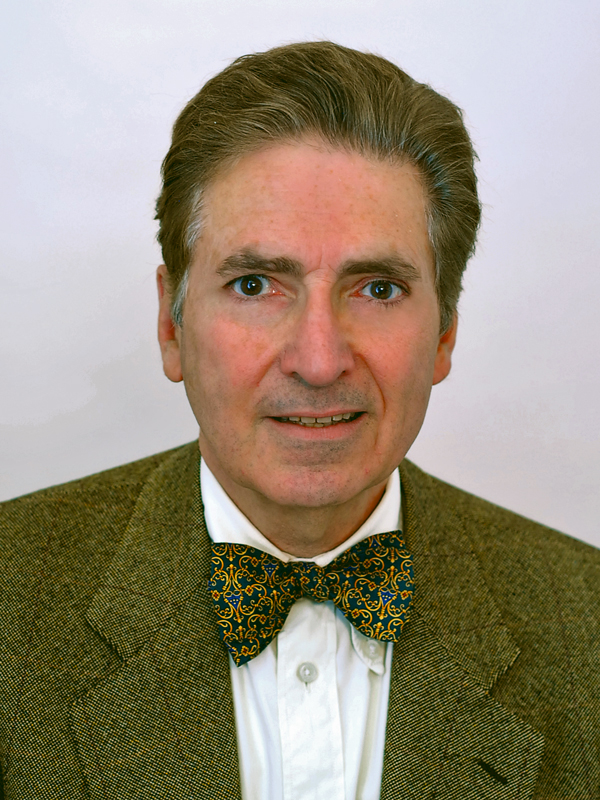DE ZAYAS Alfred

Historien, juriste, professeur de droit international et relations internationales depuis sa retraite de l'ONU en 2003.
Américain
1947 -
Biographie
Professeur engagé notamment pour le droit humain à la paix, orateur au colloque du 15-16 décembre 2009 à l'ONU sur ce thème.
Il enseigne notamment à la HEID (Hautes Etudes internationales et du développement), Genève, à l'École de diplomatie et de relations internationales de Genève (Geneva School of Diplomacy), à l'International Humanitarian Law Institute, San Remo, Italie, à l'Institut Raoul Wallenberg, Lund, Suède, à l'Académie internationale de droit constitutionnel, Tunis et ailleurs.
Il est par ailleurs auteur, poète et féru d'aphorismes sur la paix, la guerre, la justice et d'autres thèmes.
Publications
- The German Expellees. Victims in War and Peace, Macmillan, 1993.
- United Nations Human Rights Committee Case Law 1977-2008 N.P.Engel Publishers, Kehl am Rhein/Srasbourg 2009,
- Nemesis at Potsdam, Routledge
- A Terrible Revenge - the Ethnic Cleansing of the East European Germans, Macmillan
- The Wehrmacht War Crimes Bureau, University of Nebraska Press
- Heimatrecht ist Menschenrecht, Universitas, Munich
- International Law and Mass Population Transfers, Harvard International Law Journal
- The Right to One's Homeland, Ethnic Cleansing and the International Criminal Tribunal for the Former Yugoslavia, Criminal Law Forum
- The Status of Guantanamo Bay and the Status of the Detainees, UBC Law Review 2004
- Minority Rights in the New Millennium, Geneva Post Quarterly, 2007
- The Istanbul Pogrom of 5 September 1955, Genocide Studies and Prevention, 2007
- Le Comité des Droits de L’homme et le Défi de Guantánamo, Melanges pour Prof. Abdelfattah Amor, Tunis 2006
- La Dérogation et le Comité des droits de l’homme des Nations, éd. D. Prémont
- Droits Intangibles et Etats d’Exception, Bruylant, Brussels 1996
- Articles dans Encyclopedia of Public International Law, North Holland, Amsterdam, 1990-2003
- Articles dans Encyclopedia of Genocide, Macmillan, 2005 (Ismael Enver, Nelson Mandela, Raoul Wallenberg),
- Articles dans Encyclopedia of Human Rights, Oxford, 2009 (Jose Ayala Lasso, Aryeh Nyer, P.E.N. and Human Rights, Bertrand Ramcharan, Kenneth Roth, Simon Wiesenthal),
- Articles dans Max Planck Encyclopedia of Public Internatinal Law, Oxford 2009 (Guantanamo Naval Base, Forced Population Transfers, Marshall Plan, Curzon Line, Repatriation, Spanish Civil War).
- International Human Rights Monitoring Mechanisms, Martinus Nijhoff/Brill, La Haye, 2001 (co-editeur avec Gudmundur Alfredsson de la 2ème édition, 2009)
L'échec des États
Un "État en échec" n’est pas qu’un État avec une économie en difficulté ou une administration inefficace. C’est aussi un État qui ne sait pas vivre en paix avec ses voisins.
- Thèmes : Paix
- Citation
Le droit à la paix - le plus important
Parmi ce qu’on appelle les droits de troisième génération, le droit à la paix est le plus important de tous parce que si l’humanité ne vit pas en paix, elle ne peut pas exercer ses droits de première et de seconde génération, c’est à dire ses droits civils, politiques, économiques, sociaux et culturels.
- Thèmes : Droit humain à la paix
- Citation
Le respect au-delà de la tolérance
La tolérance est bonne mais souvent condescendante. Le respect comprend d'avantage -- reconnaître à l'autre le droit d'exister.
- Thèmes : Respect
- Citation
Les combats perdants
Le combat contre la terreur est un combat rhétorique tout comme le combat contre la pauvreté.
Hélas, la pauvreté à gagné.
- Thèmes : Guerre , Violences inévitables
- Humour


